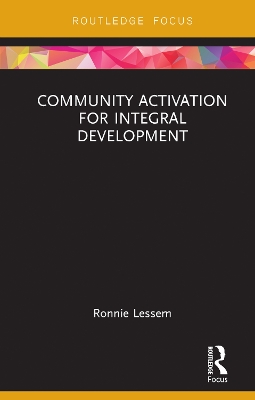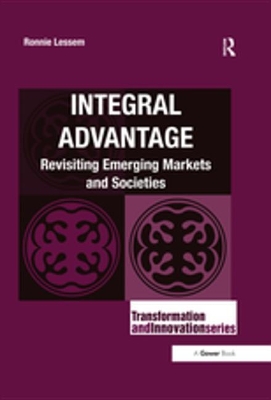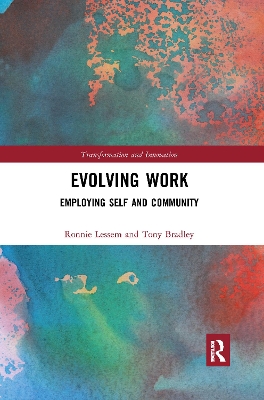Transformation and Innovation
7 total works
As mass global and social media communications spread across the globe, we are seeing a need for a change in the way we approach issues of political and economic development. The effects of these growing communications are that, on the one hand, we see the significance of place rising, while on the other, marginalized people clamour to be heard and identities become increasingly threatened. We are quickly realizing that a ‘one-size fits all’ approach is not going to work.
Despite more than half a century of attempts to address issues of development, we have seen fairly bleak results. In fact, the rising of economic stars, such as Japan and the Pacific Tigers hitherto, and China and India of late, have little to do with such programs of development or cultural studies, notwithstanding their accomplishment. Typically, such successes have developed top-down, with theories born and bred in the ‘West’ affecting,or maligning, practices in the ‘rest’. The approach taken in this book looks at these developments by turning them on their head: instead, starting bottom-up with an emphasis on what the author terms ‘community activation’. With a selection of case studies, this volume looks at where community activation can be found and explores how it could evolve and be of use in developing societies at large. In the process, he addresses such topics as how to embed development in a particular society, how to generate social and economic solidarity, and how to generate wealth from pre-industrial and post-industrial networks.
This book provides a guide for readers on how to build community within their organization-and-society from the ground up.
Releasing the genius of an individual, an enterprise and a society is a central pre-occupation of the contemporary business environment. A fascinating approach to how we can begin to tackle this challenge is presented by the authors of Integral Polity. Integral spirituality, integral philosophy and the integral age, at an overall or holistic level of consciousness, has therefore become a strong enough idea to form the genesis of a movement over the course of the last half century.
Taking as a starting point the ground-breaking work of the Trans4m Centre for Integral Development this book applies such an `integral' notion to the realms of business, economics and enterprise. To be successful, an integral approach must recognise the nuances of its environment - an integral approach in India is different from that in Indonesia, or Iceland, and they may in fact complement rather than conflict. Therefore this book also provides a fascinating alignment of such `integrality' with, and between different `southern' and `eastern', `northern' and `western' worlds.
Using case studies ranging across the globe this review of a newly integral theory and practice provides a new lease of life to what may increasingly be perceived as the self-seeking, insulated and occasionally violent and corrupt, realm of the political.
Integral Economics
by David Hancock, Alexander Schieffer, and Ronnie Lessem
The idea of Self and the authenticity of particular identities have been rapidly dissolving in the acids of post-modern globalising capitalism. The hegemony of patterns of work, wage-labor and the operation of labour markets in the American West (and European North) has ridden rough-shod over distinctive ways of enabling communities to flourish in many parts of the Southern and Eastern worlds (Global South). But, this is not inevitable. Indeed, as this book indicates, there are many practical examples across the globe – that connect with some of the most significant theoretical challenges to the operation of dehumanising work – which reveal that a profound reversal is taking place. As such, the core theme of this book is to show that a movement is occurring whereby self-employment can be transformed into communal work that employs the Self in ways that release the authentic vocations of people, individually and collectively.
The approach taken in these chapters traverses the globe, utilising the original ‘integral worlds’ model that will be familiar to students of the Trans4M/Routledge Transformation and Innovation series, developed over more than a decade. Such a standpoint points the way to the release of particular social and economic cultures in each of what we term the four "realities" or "worldviews" of South, East, North and Western worlds. In this book we use the methodology of GENEalogy – identifying the realms associated with each world – to show how the rhythms, that is Grounding, Emergence, Navigation and Effect, of each is leading to greater economic, social and spiritual freedom for individuals, organisations, communities and, indeed, entire societies.



